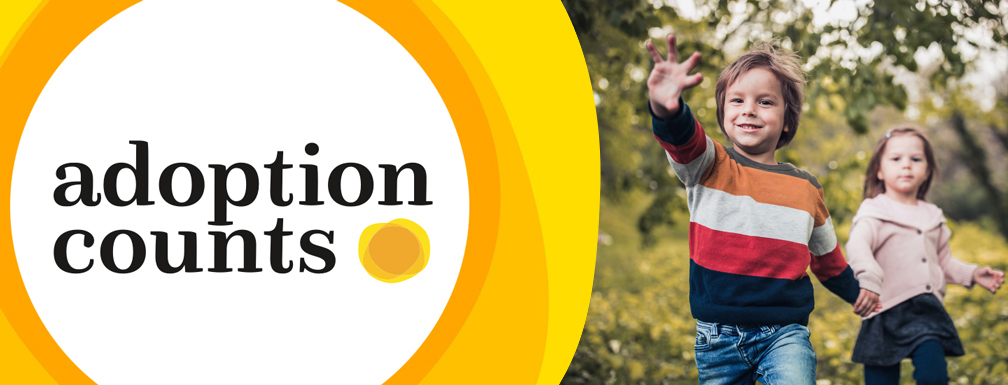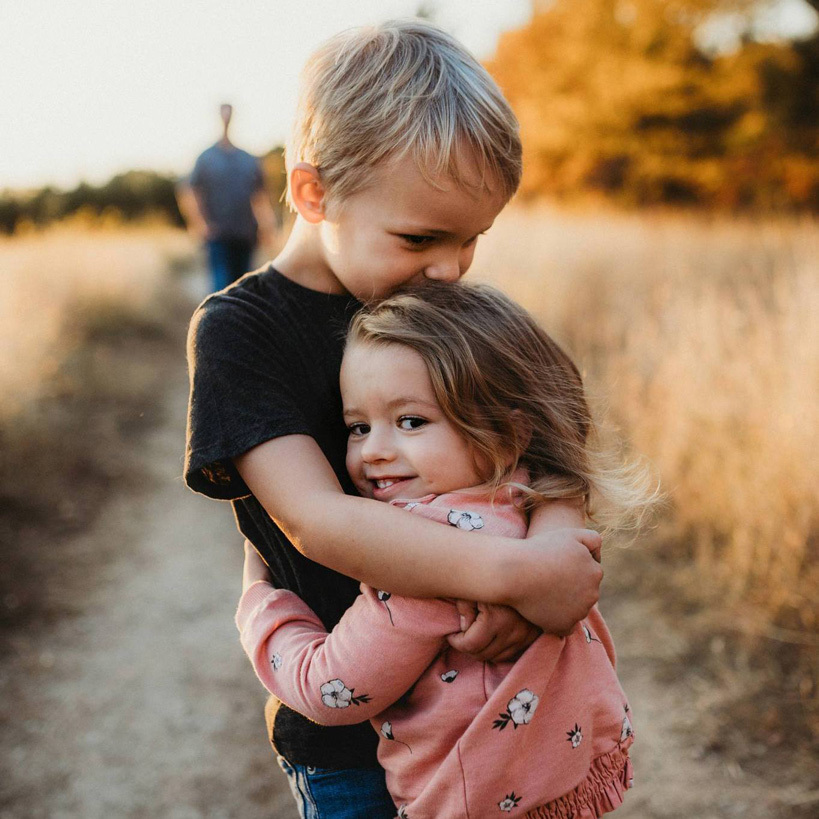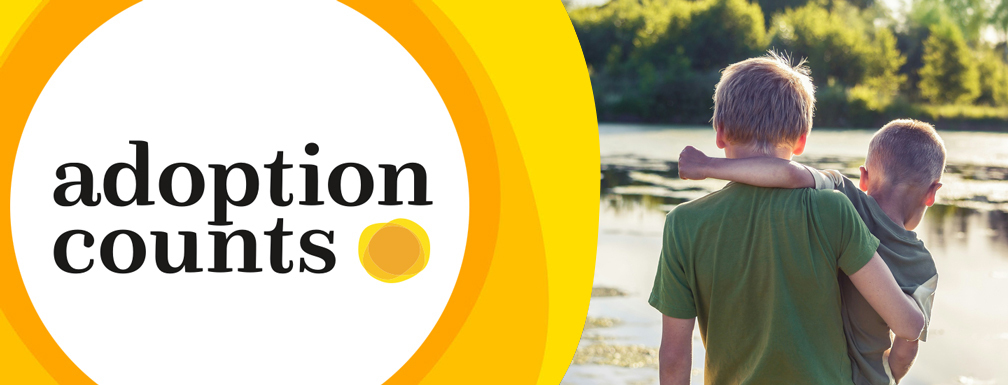
If you have space in your home and space in your heart to adopt more than one child, you could build your family and help keep a family together all at the same time.
It’s not as difficult as you might expect and Adoption Counts will be there to support you every step of the way.
For one thing, adopting brothers or sisters together means you only have to go through the adoption process once. Which is a definite bonus.
Most importantly, siblings who have been through traumatic situations have often come to rely on each other. This shared bond will help them to adapt to life with their new family - together.

You may think that two children equals double trouble but the adoption process can actually run more smoothly when siblings are adopted together. They can support each other - things don’t seem as overwhelming when you’ve got someone you love with you.
Looking to the future, young children do so much better when they remain with their brothers and sisters. Breaking the link between siblings damages their sense of self and their emotional stability.
If you’re planning on building a family through adoption, take the plunge and do it all in one go. It’s a huge change to family life either way, so it makes sense to go all-in. And it makes sense to the brothers and sisters who get to start a new life together.
Sibling groups wait much longer in care compared to their peers.
